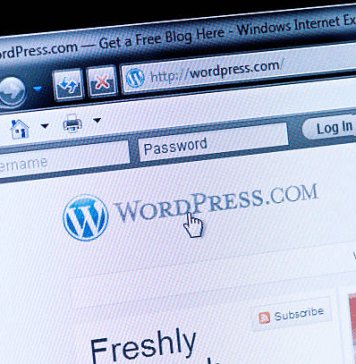
If you’ve never purchased a home before, then you’re probably interested in options available for first-time homebuyer loans. These options allow potential new homeowners to start their homebuying journey with fewer financial roadblocks in their way. However, if you have bad credit, it can be more difficult to secure these options.
While there are ways to secure first-time homebuyer loans with bad credit and zero down, you’ll find that there are also a few disadvantages to doing so. Understanding what credit is, how to improve it, and what the details of a zero-down loan are can help you to make more informed decisions when applying for a home loan.
Here are a few ways you can navigate bad credit and first-time homebuyer loans.
What Is Considered Bad Credit?
A credit score is a number that represents your creditworthiness. This number is sourced from credit bureaus and is largely based on the results of your credit report. Your credit score will vary based on whether you make payments on time, how much money you are currently borrowing, your overall borrowing habits, and so forth. Your score will range from between 300 and 850, and the higher your score is, the better.
This number plays a big part in how credit unions judge your ability to pay back loans and if they will consider you eligible for any kind of loan, including a first-time homebuyer loan. Credit unions want to have faith in your ability to pay back your loan in the agreed amount of time.
If your credit score is below a score of 580, it will be considered “poor.” If this is the case, you should start looking to improve it if you want to increase your odds of getting approved for a mortgage. Good credit starts in the range of 670, but as your credit score increases, so do the beneficial opportunities presented to you.
Can You Get a Loan With Zero Down?
While it can be more difficult to secure a first-time homebuyer loan with bad credit, it’s not as hard to get one that offers a zero-down-payment option. Credit unions offer a variety of zero-down loans to mortgage applicants, especially to first-time homebuyers. In these instances, a homeowner can apply for a mortgage without having to come up with the thousands of dollars usually required for a down payment.
While this can be a convenient option for people with minimal savings, it can also be an opportunity to kill two birds with one stone. You could use the money that you save on a down payment to help you to improve your credit score.
What Are Your Options to Secure This Kind of Loan?
It’s true that you can get first-time homebuyer loans with bad credit and zero down, but it might not be easy, and you’ll likely have to endure some consequences. Along with having fewer options to choose from when it comes to finding a good financial institution to work with, you’ll also likely be offered higher interest rates. Higher interest rates could mean paying hundreds more in monthly payments, not to mention thousands more over the life of the loan.
For better terms and rates and to increase your odds of being approved for a first-time homebuyer loan despite having bad credit, it’s in your best interest to improve your credit score beforehand. If you can hold off on applying for a loan until you get your credit score as high as you possibly can, you’ll be able to reap the rewards of your labor in a few ways.
For instance, with better credit, financial institutions will be more interested in working with you and probably have more offers for you, including lower interest rates. You’ll also avoid having your application turned down, which can hurt your credit score if you continue to have your credit report pulled by various financial institutions.
In short, it’s best to hold off on applying for a first-time homebuyer loan until you work on your credit score.
How Do You Improve Your Credit Score?
If you’re in the market to buy a home but realize that your credit score could use some work, it’s in your best interests to try to improve it. If your credit score is currently in a bad place, it may seem like you’re in a hole you can’t get out of.
There are options for you to create a better situation for yourself. Improving your credit score can be done in just a few steps, and while it may take longer than you’d like to see large improvements, it’s important to still take as many steps to improve as possible.
One way to improve your credit score is by reducing the amount you owe on credit cards. If you’re carrying a large balance on your credit cards, you should start trying to pay it off. While it isn’t a reality for most people to be able to pay off all their debt at once, there are some steps you can take in the right direction. One would be to increase your monthly payment each month. Minimizing the amount of debt that you owe can improve your credit score over time by showing that you don’t take out more money than you can afford to pay back in a timely manner.
Another way that you can improve your credit score is to check for any errors and get them corrected. It’s not uncommon for mistakes to significantly lower someone’s score. Checking your credit score can be done for free yearly through each of the three main credit reporting agencies. Checking it occasionally can ensure that you don’t let a mistake go unnoticed for too long and allow you to dispute it.
If you’d like to learn more about first-time homebuyer and zero-down home loan options, speak with a Home Loan Guide at Solarity Credit Union, based in Washington State. Solarity helps make homeownership more attainable for borrowers, even with low credit scores. Talk to an expert today.













